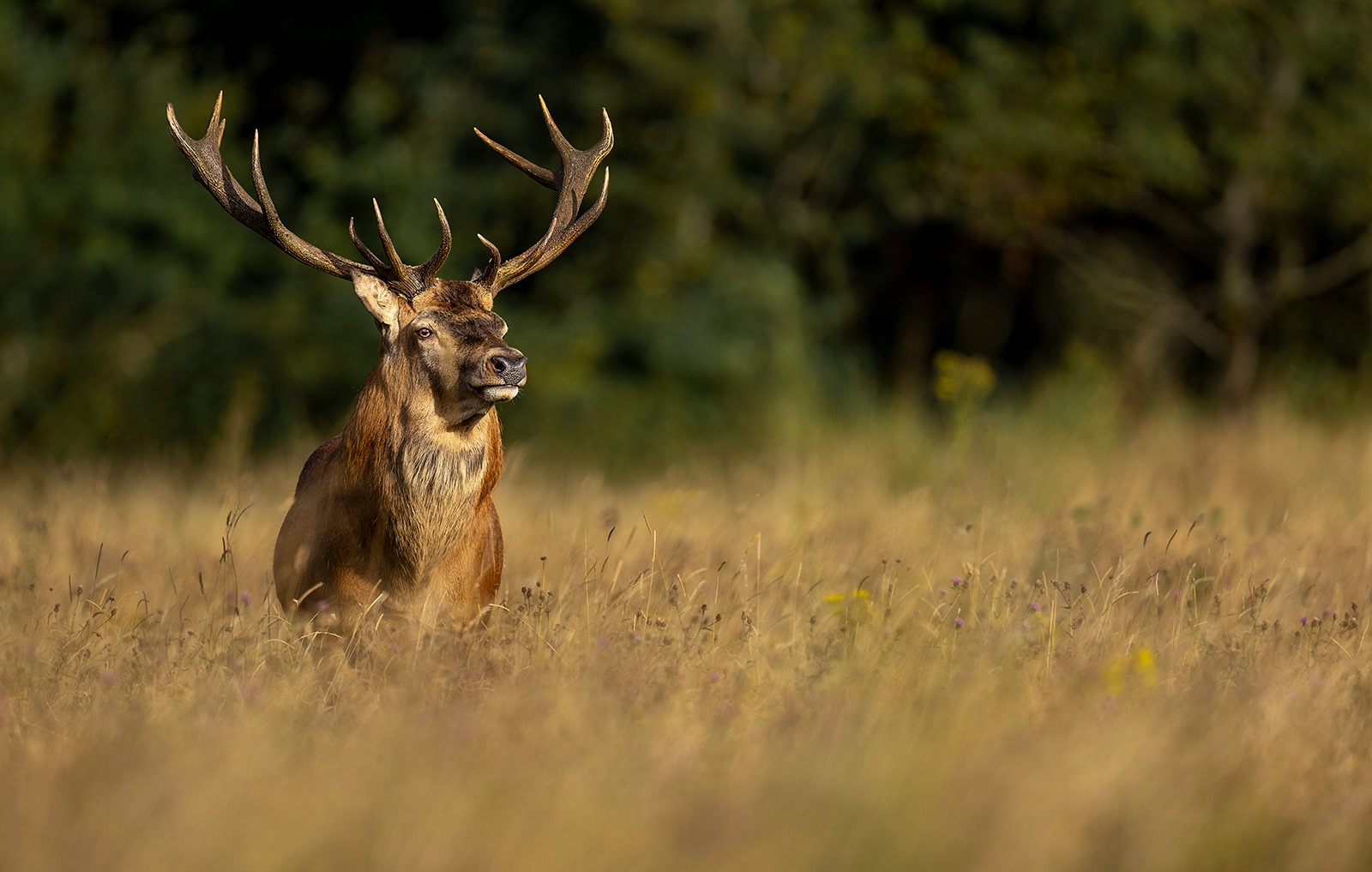
This comes following the publication of the Stage One report into the Natural Environment Bill.
Please see below.
The Rural Affairs and Islands Committee has today (30th Sept) published its Stage One report into the Natural Environment Bill, including changes to deer management.
You can read the report, here: https://digitalpublications.parliament.scot/Committees/Report/RAI/2025/9/30/c0998641-29ed-441d-b64f-59e881f12710#149822e4-81f8-4a58-a6e5-908095a5a29d.dita
One of the most contentious proposed changes is to give NatureScot unprecedented new powers to intervene in deer management to bring about ‘nature restoration’, which is loosely described in the Bill, as laid.
Albeit with caveats, the Committee has agreed ‘that it would be helpful for NatureScot to have this proposed ground for intervention in its toolkit on the basis of the extent of restoration required to meet nature targets.
However, it noted its sympathy with the deer management sector about the lack of detail around how this poorly defined new ground for intervention would be used.

For the SGA, this is the critical element and it is not yet clear how NatureScot would choose to wield this power, which has potential to see people fined or jailed or forced to pay for a NatureScot commissioned cull should they fail to comply with an Order. As proposed, this carries high potential to erode trust within the deer sector.
For reference, here is what we said about the introduction of this new power of intervention, in our consultation response.
Court actions
The SGA Deer Group considers certain new provisions within the Bill to have high potential to end up in court around the balance between public and private interest and the level of evidence that may be expected to be able to justify a state intervention which may ultimately damage a private interest.
The Bill confers unprecedented new powers upon NatureScot (or the state) to be able to intervene but poorly explains the circumstances under which intervention may be justified or the level of evidence that the courts may consider to be necessary and proportionate to do so.
For example, an intervention may ultimately reduce the overall market value of a landholding, if that holding’s value is tied in any way to the number of deer available to maintain a sporting interest, which is a legitimate business. Whilst this type of business model is sometimes viewed negatively in Scotland, it is well understood that the model helps to provide at least some of the income necessary to maintain full-time, skilled deer management staff within local communities.
The Bill does not give adequate regard to the possible consequences for a business being forced to take a certain action against its will, or to pay the bill for a cull intervention, when this may result in decisions on whether to retain employed staff. It brings the marginal nature of deer management into sharper focus than ever before at a time when deer management is needed more than ever, to meet targets. Given the many and diverse responsibilities Scottish Government has to the Scottish people with its budget, could it compensate for lost deer management resource and skill when the value of this can’t be measured in solely financial terms?

During all discussions since the Deer Working Group report was published, a narrative has been cemented that more deer management jobs will be created in Scotland as the need for culls go up. This has never been adequately explained to the deer managers who are fearful for their jobs and cannot possibly envisage how falling deer numbers can ever mean more employment.
What is more likely is that a smaller number of paid contractors who travel around more ground (possibly also from England, as is currently the case) may benefit while full-time, in-community employment reduces, with less deer available to attract income and spend from visitors, which also supports other community activities.
Is it enough to justify an intervention that may imperil local jobs on the grounds that the intervention may bring about restoration or enhancement, or should there instead be robust evidence presented that the intervention actually would bring about restoration and/or enhancement?
What happens next?

The next stage in the process is for the Parliament to debate the Bill and either agree to its general principles or reject the Bill.
Stage One must be completed by October 31st. The Bill can then be amended at Stages 2 and 3 before it is passed.
The SGA will continue to make the case that the new Intervention power, as proposed, is unnecessary, ill-explained and likely to cause harm to the sector and, potentially, jobs. The SGA will suggest amendments to the Bill in a bid to protect members’ interests.